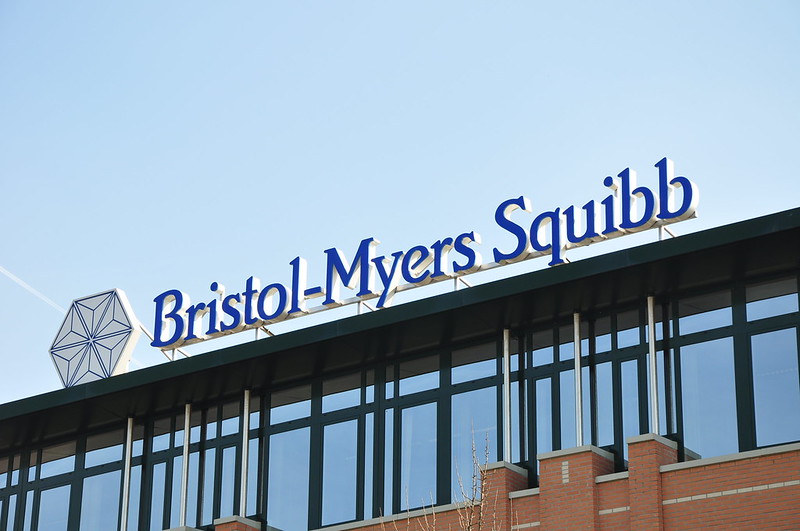
Patients undergoing a bone marrow or stem cell transplant face the prospect of a dangerous and potentially fatal immune response. The FDA has approved Bristol Myers Squibb drug Orencia as a way to stave off this condition, called acute graft versus host disease. The regulatory decision makes the drug the first one approved for preventing this transplant procedure complication.
Acute graft versus host disease develops when the immune cells of the donor cells see the transplant recipient’s body as foreign. Consequently, the donated cells attack the body. The risk of this complication is greater when the donor and recipient are not related, or the donor cells are not a perfect match. The FDA’s decision Wednesday covers use of Orencia, in combination with immunosuppressants, in adults as well as children age 2 or older who are receiving bone marrow or stem cell transplants from an unrelated donor.
Orencia is a fusion protein designed to bind to two targets, blocking T cell activation. The BMS drug is already on the market. It was first approved in 2005 as a treatment for rheumatoid arthritis in adults. The drug has gone on to secure additional approvals for psoriatic arthritis in adults and juvenile idiopathic arthritis. In 2020, the drug accounted for more than $3.1 billion in sales, up 6% over the prior year, according to BMS financial data.
When graft versus host disease has already manifest, medicines used to treat it include steroids and immunosuppressive drugs. In July, the FDA approved Rezurock, a Kadmon Holdings drug developed as a treatment for chronic graft versus host disease. That approval sparked Sanofi’s acquisition of the company. Prior to the new approval for Orencia, there was no standard drug regimen for preventing acute graft versus host disease. According to the Leukemia & Lymphoma Society, different combination of medicines are given at different medical institutions.
The new approval for Orencia is based on the results of two clinical trials. The first is a placebo-controlled study enrolling 186 patients who received stem cell transplants from matched unrelated donors. That study assessed the severity of acute graft versus host disease and the survival rates of patients. The FDA said that survival of patients who developed severe acute graft versus host disease was not significantly improved in the Orencia group—87% compared to 75% in the placebo arm. However, the agency noted that the survival rate in patients who received the study drug was 97% compared to 84% in the placebo group. For moderate-to-severe cases of acute graft versus host disease, the survival rate in the Orencia arm was 50% compared to 32% in the placebo group.
The second clinical study assessed real-world evidence from data provided by the Center for International Blood and Marrow Transplant Research. These data were from patients who underwent stem cell transplants from a mismatched unrelated donor. A total of 54 patients treated with the BMS drug in combination with immunosuppressive drugs were compared to 162 patients treated with immunosuppressive drugs alone. The FDA said that after six months, the survival rate of patients who received Orencia was 98% compared to 75% in those who received standard immunosuppression.
Side effects reported in the clinical trials include anemia, hypertension, reactivation of cytomegalovirus (CMV) and infection from that virus, fever, and pneumonia. The FDA said that patients who receive the BMS drug should be monitored for reactivation of Epstein-Barr virus and should also receive preventative medication for that virus before starting treatment and for six months after the transplant procedure. Clinicians should also monitor patients for CMV reactivation and infection for six months after the transplant, the FDA said.
Photo by Flickr user Bristol-Myers Squibb via a Creative Commons license















